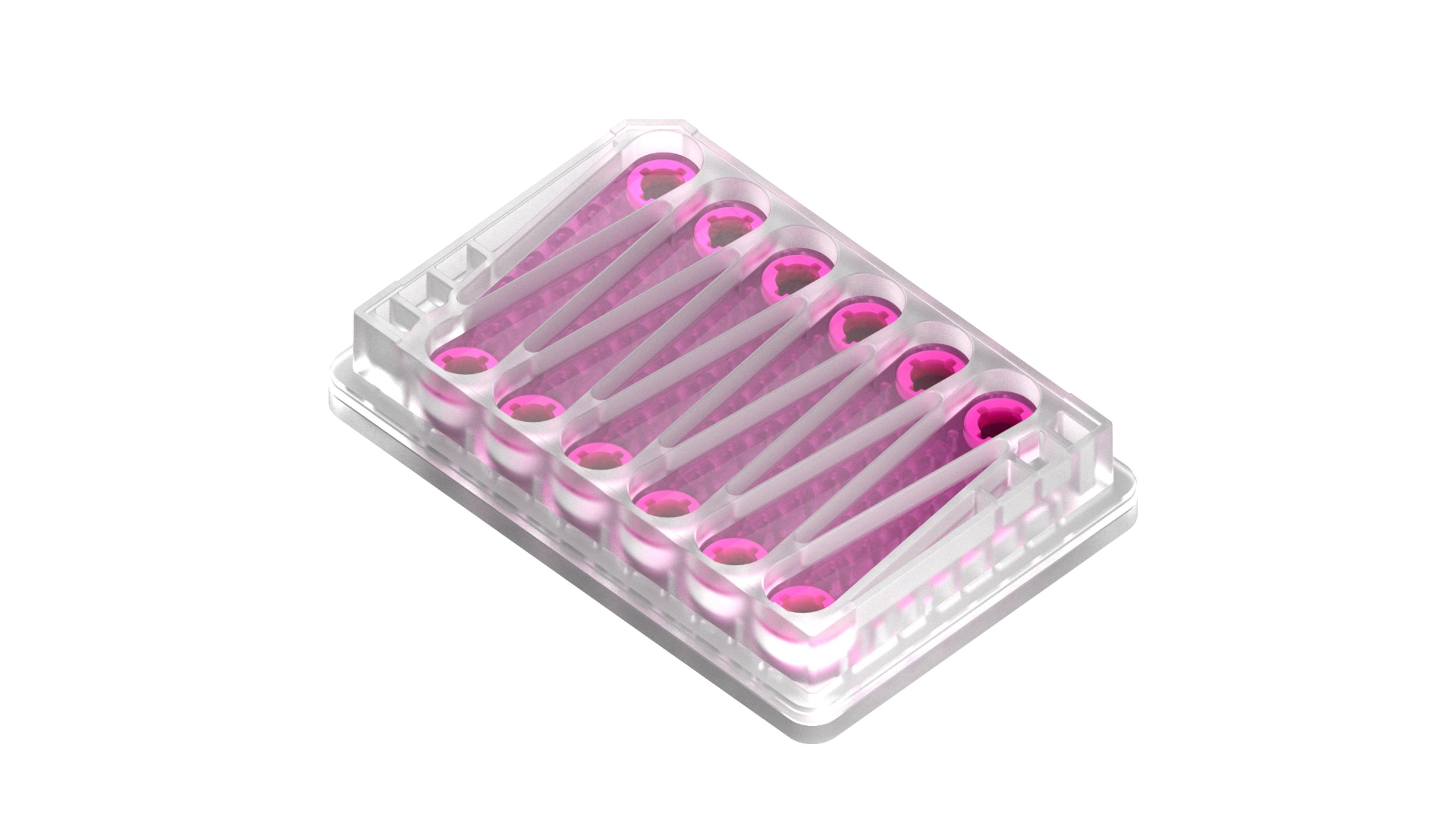CN Bio extends microphysiological system portfolio with PhysioMimix single-organ higher throughput system
The PhysioMimix HT system has been designed to increase productivity, cost-effectiveness and data robustness
27 Feb 2023
CN Bio, an organ-on-a-chip (OOC) company that designs and manufactures single-and multi-organ microphysiological systems (MPS), has announced the commercial launch of the PhysioMimix™ Single-organ Higher Throughput (HT) System. The company’s first HT system has been designed to overcome adoption barriers currently limiting the use of predictive human liver models within drug discovery workflows, to enable use within earlier stages where larger-scale comparative studies that investigate the efficacy, disposition or safety of lead candidate drugs are required.
The PhysioMimix HT System provides users with a scalable solution, combining a significantly reduced cost-per-chip with increased run capacity. Launching alongside the system is a new multi-chip consumable plate, the Liver-48 plate, which faithfully miniaturizes the well-characterized and validated human liver model by CN Bio, for applications that include predicting drug-induced liver injury or determining drug metabolism/hepatic clearance, and the modeling of various prevalent liver diseases such as non-alcoholic steatohepatitis (NASH).
Allowing 48 liver chip assays within one laboratory-standard SBS footprint, the plate supports the incorporation of replicates, controls and seven-point dose-response curves to improve data robustness and reproducibility. Multiple Liver-48 plates can be run simultaneously to provide a total capacity of 144 chips per HT System, with potential to expand this further in response to consumer demand. Together, the new technology enables the benefits of human-relevant OOC insights to be realized earlier in drug discovery, facilitating more confident decision making and the potential recovery of overlooked therapeutic candidates.
In support of new approach methodologies (NAMs) such as MPS, section 3209 of the FDA Modernization Act 2.0 removes the mandatory requirement for animal testing of developmental drugs for toxicity where enhanced performance is proven using in vitro alternatives. The potential of MPS technology is further reinforced by the FDA’s decision to expand its collaborative research following several successful projects with CN Bio, most recently to investigate the company’s Gut/Liver model for human drug bioavailability studies.

